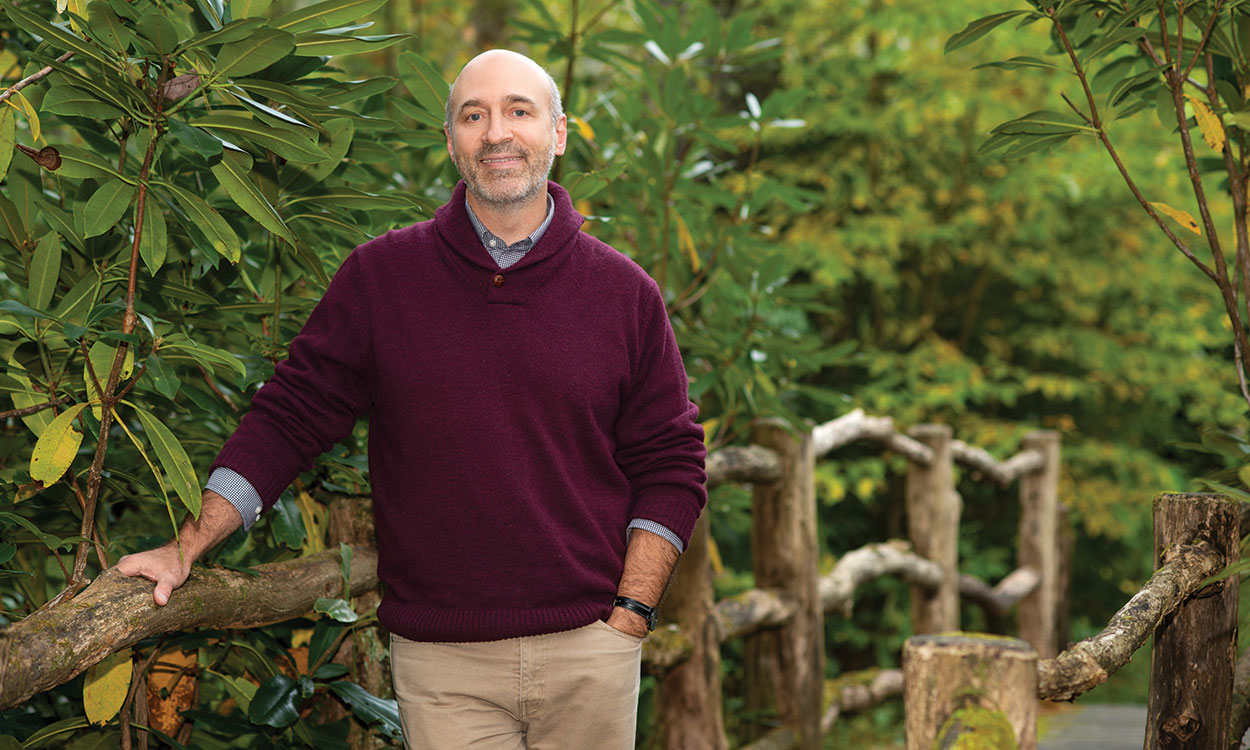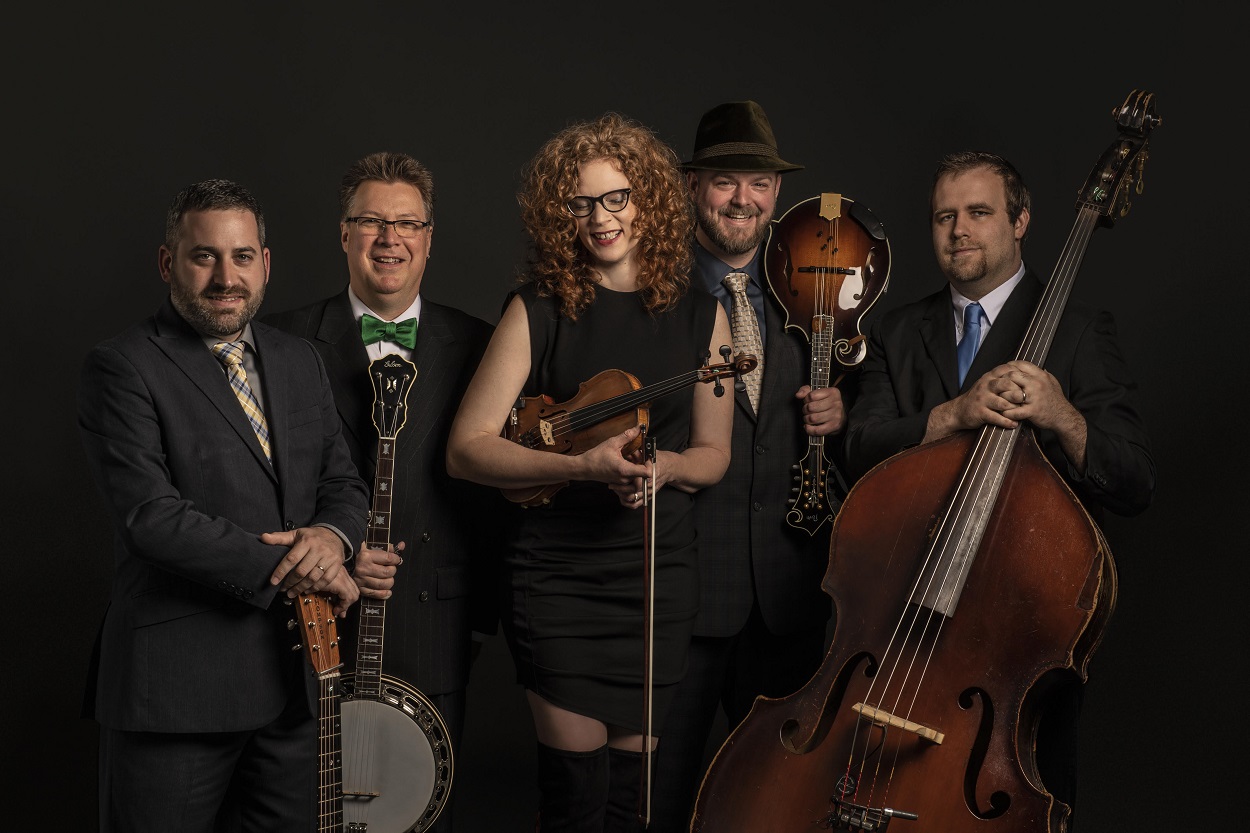Highlands Biological Station director named visiting scholar at NY Botanical Garden
Jim Costa, professor of biology at Western Carolina University and executive director of WCU’s Highlands Biological Station, has been named an Andrew W. Mellon Visiting Scholar at the New York Botanical Garden’s Humanities Institute.
The award will support research of manuscripts in the Charles Finney Cox Collection of Charles Darwin's writings, correspondence and other materials in the LuEsther T. Mertz Library this summer. The visiting scholars program involves an interdisciplinary approach to research in the environmental humanities, connecting nature to the human experience.

Jim Costa
The research will be for Costa’s latest endeavor, writing an annotated edition of Darwin’s “The Descent of Man,” to be published by Princeton University Press.
“It's a real privilege and honor to be named a 2019 Mellon Visiting Scholar of the New York Botanical Garden’s Humanities Institute,” said Costa. “The Charles Finney Cox Collection is a treasure-trove of material that offers a unique window into the cultural impact of Darwin’s ideas. Cox, a contemporary of Darwin, was interested in not only the development of evolutionary ideas, but their societal implications. This opportunity to immerse myself in his extensive collection is very exciting.”
Costa is a devotee and scholar of Darwin who has taught courses on the 19th-century British naturalist at WCU and abroad for more than 20 years. He is the author of “Darwin’s Backyard, How Small Experiments Led to a Big Theory,” an award-winning look at Darwin, his round-the-world voyage on the HMS Beagle and his many experiments at Down House, his home of 40 years. Costa is also the author of “The Annotated Origin,” which provides commentary alongside first edition text from Darwin’s monumental book “On the Origin of Species,” and “Wallace, Darwin and the Origin of Species,” which explores the independent discovery of evolution by natural selection by Darwin and his contemporary, the naturalist Alfred Russel Wallace.
Costa has been a WCU faculty member since 1996. He was named director of the Highlands Biological Station, a 23-acre facility that includes research and teaching laboratories, the Highlands Nature Center and the Highlands Botanical Garden, in 2006.
A native of New York state, Costa earned his undergraduate degree at the State University of New York College at Cortland, studying biology and philosophy. Costa received a master’s degree in entomology and community ecology, and a doctoral degree in insect population genetics, at the University of Georgia. He then spent four years at Harvard’s Museum of Comparative Zoology, first as a postdoctoral research fellow and then as a National Science Foundation/Sloan postdoctoral fellow in molecular evolution, and has been a research associate of the museum since 1996.

